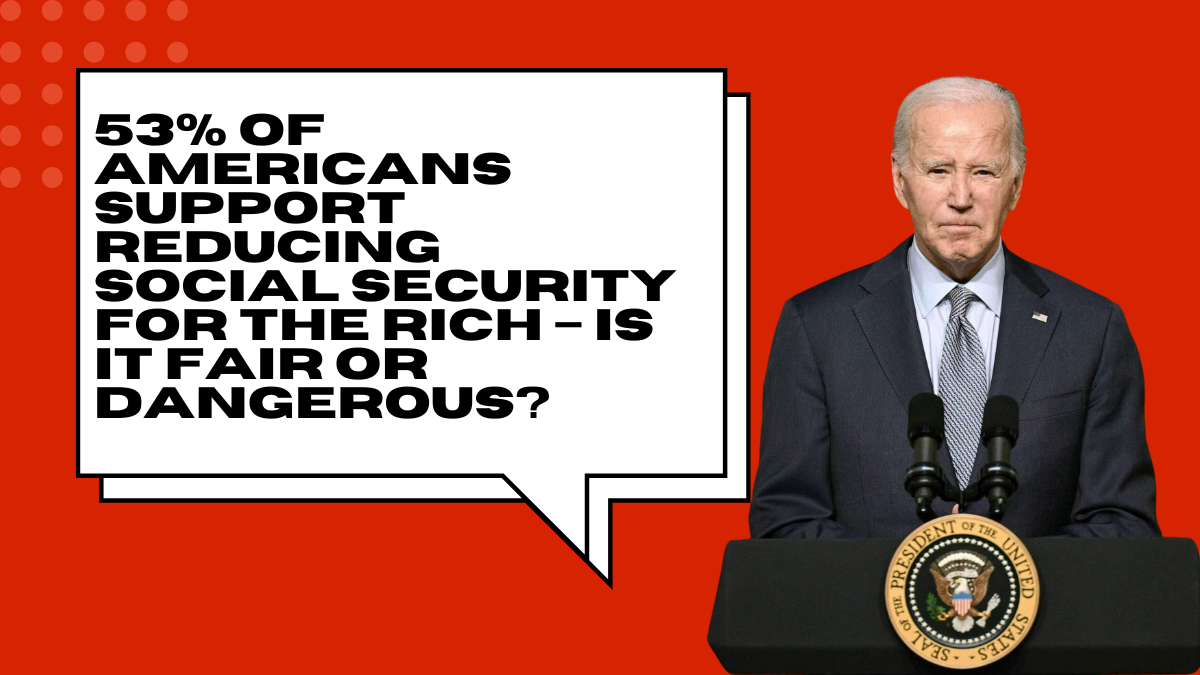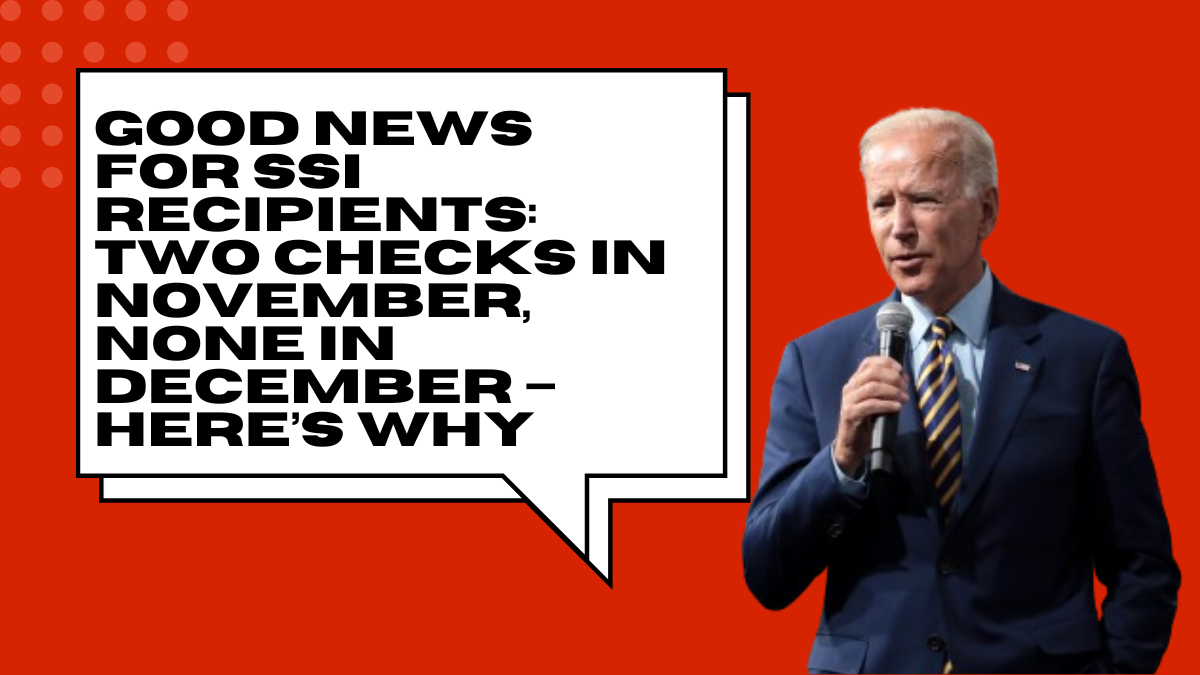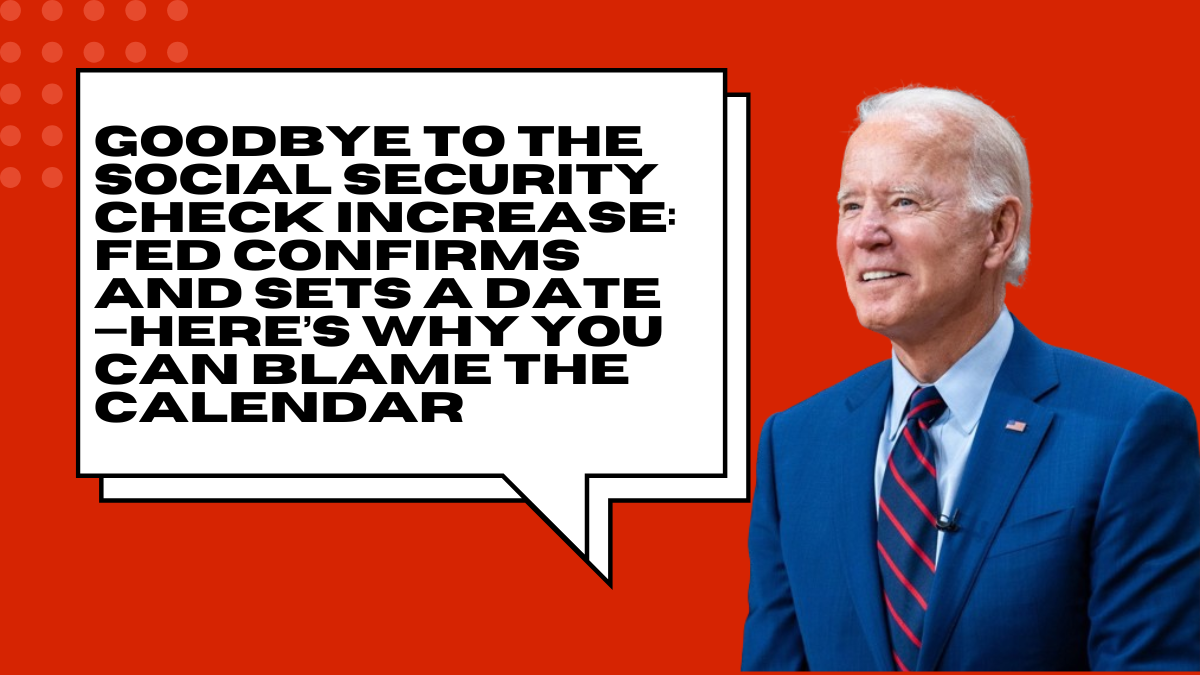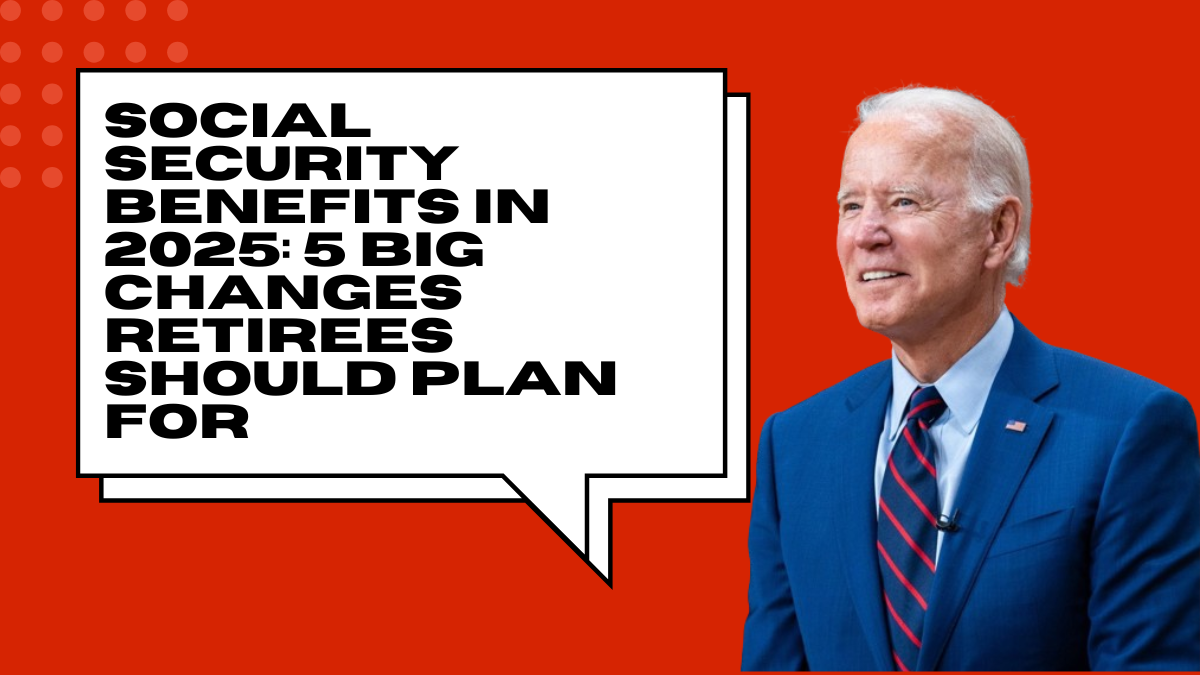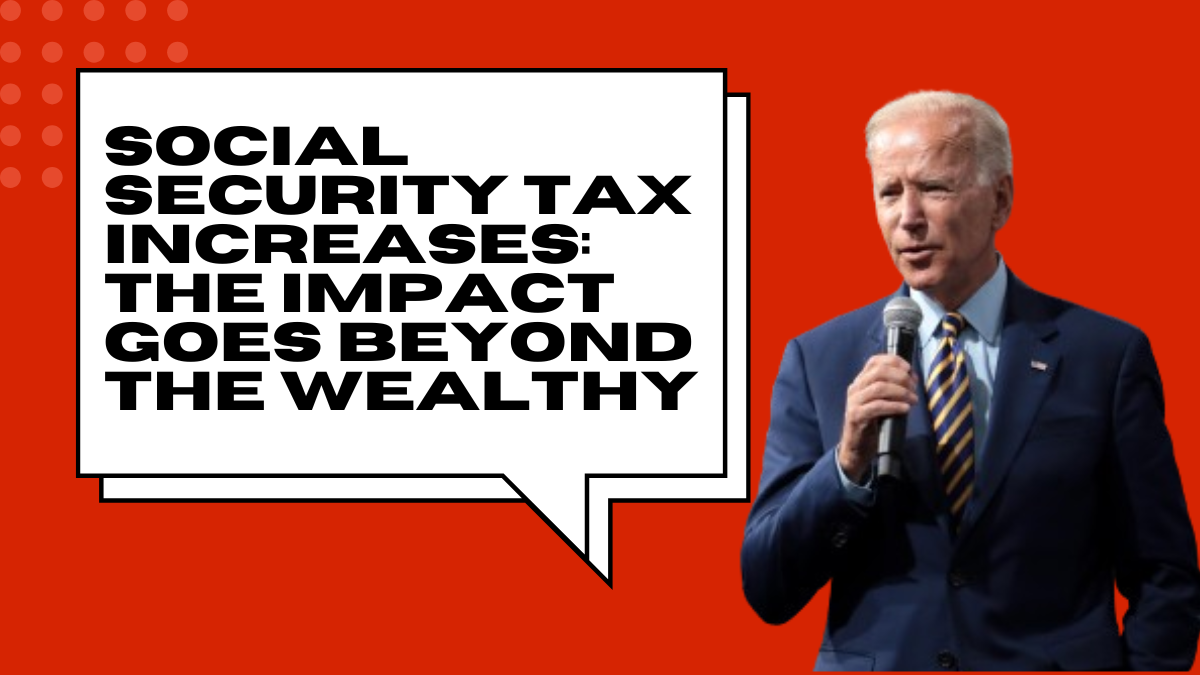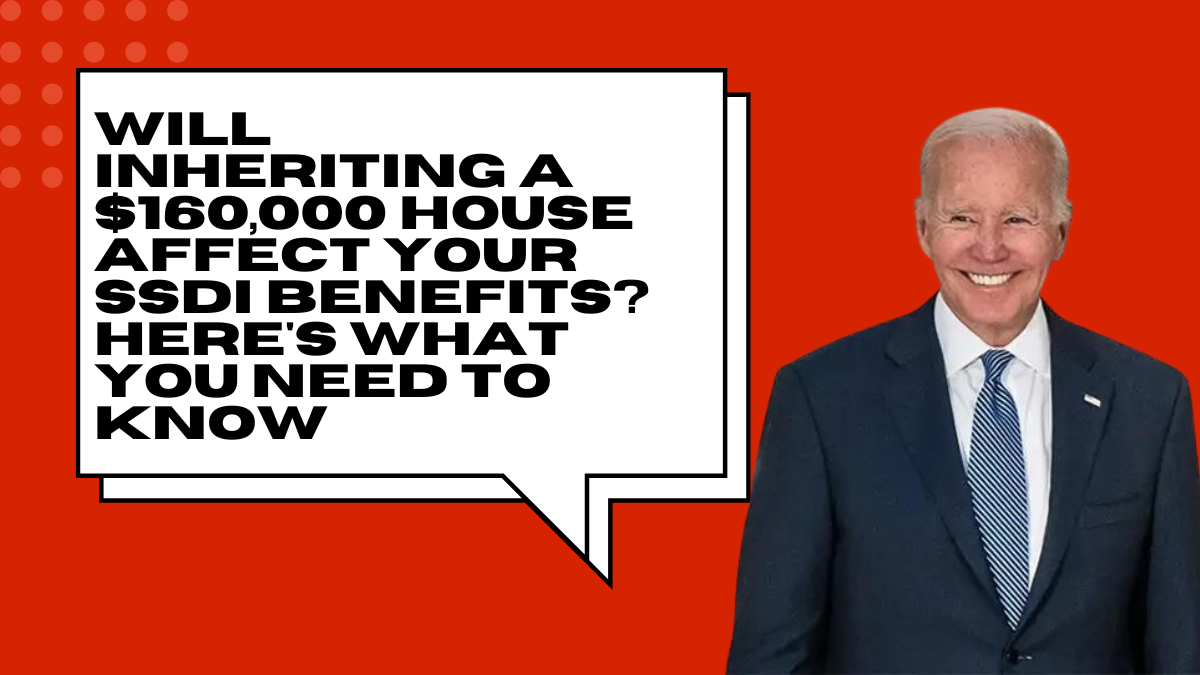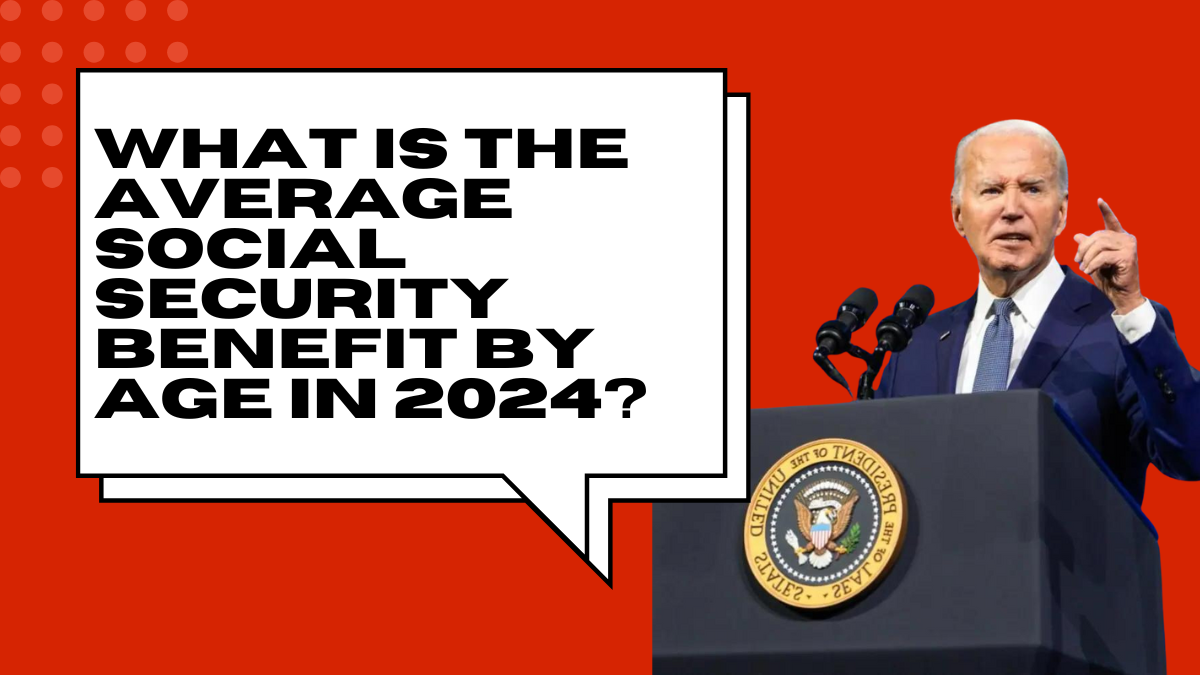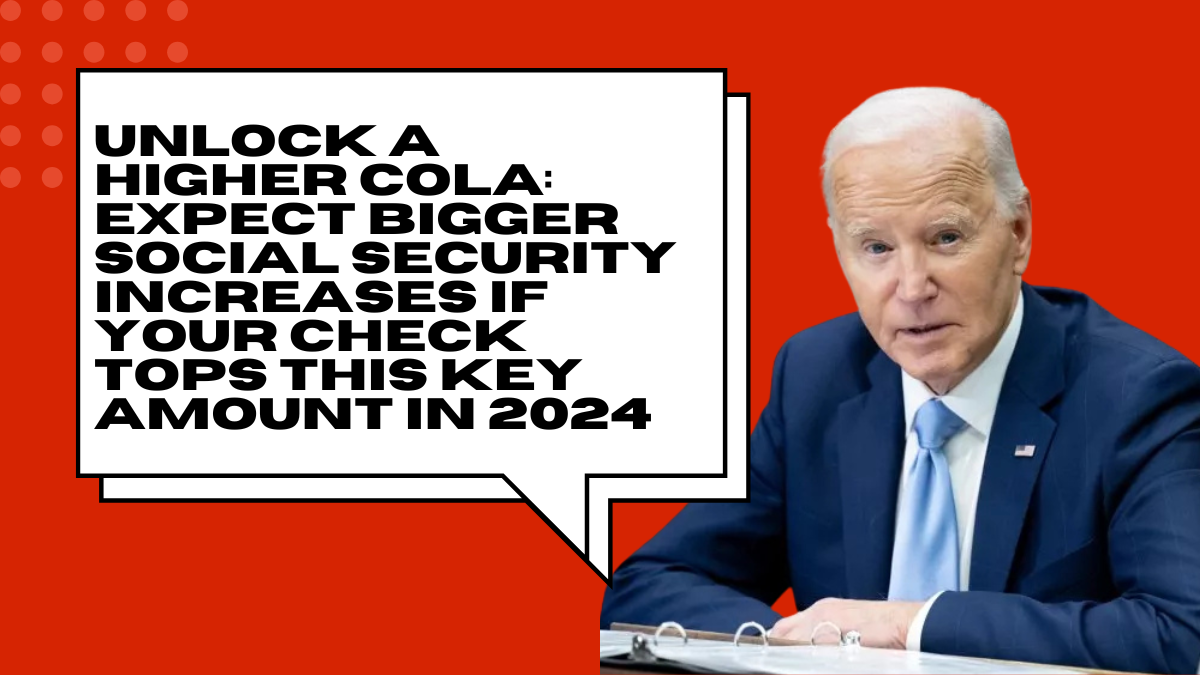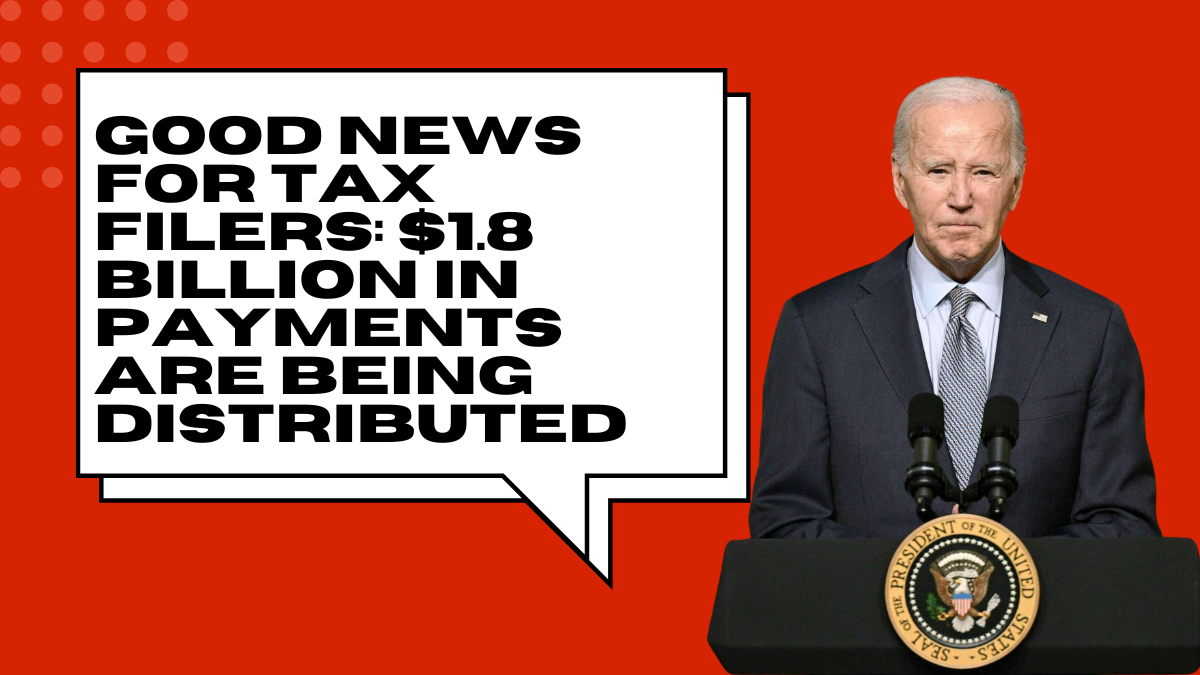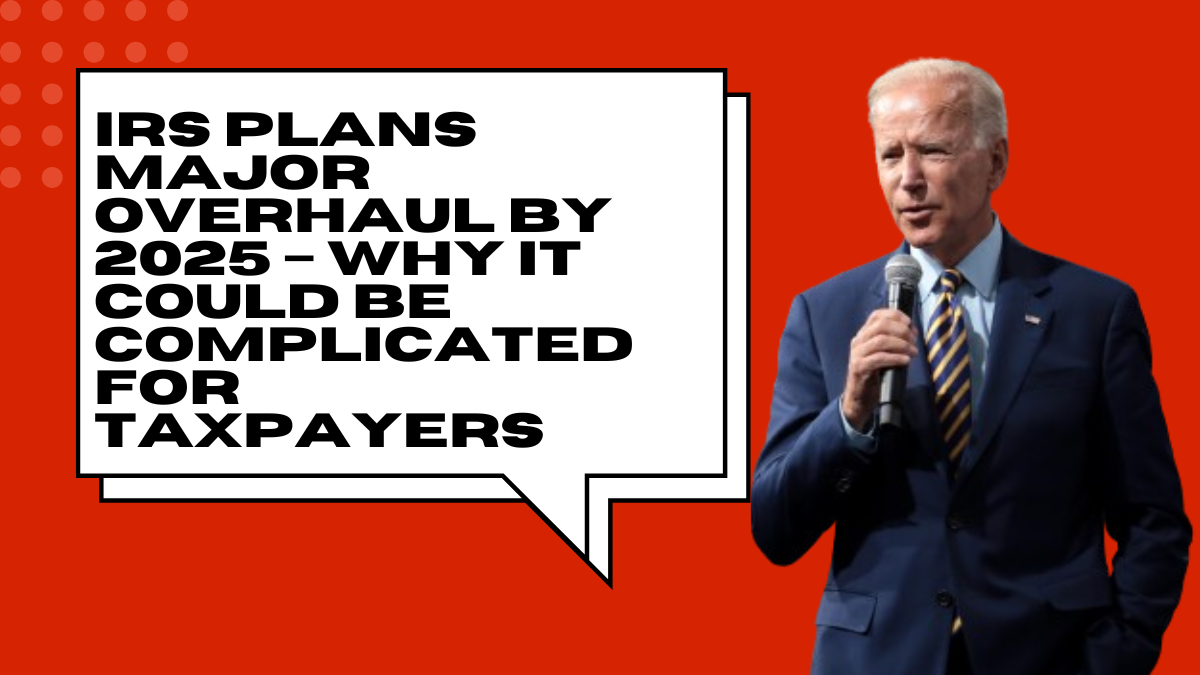According to a recent survey, 53% of Americans are in favor of reducing Social Security benefits for individuals who are affluent. The rationale for this is primarily driven by apprehensions regarding the future solvency of Social Security.
Many individuals are of the opinion that targeting higher-income earners could potentially prolong the program’s lifespan, as projections suggest that the Social Security Trust Fund may be exhausted by 2035. However, is this method equitable, or could it result in unintended consequences?
The Growing Support for Cuts
Reducing benefits for the wealthiest Americans has gained traction, as it is seen as a solution that could address the looming funding shortfall.
Supporters argue that Social Security was designed to act as a safety net for retirees who rely on it for most of their income.
Cutting benefits for the top 40% of earners, many of whom can rely on other sources of retirement income, could reduce the projected shortfall by up to 23%.
Is It Fair to Reduce Benefits for the Rich?
One of the central arguments for reducing benefits is based on the principle of fairness. Many believe that those with significant retirement savings or high incomes should not receive the same level of Social Security benefits as those who depend on the program as their primary source of income.
In this view, Social Security would be more targeted toward individuals needing it most, ensuring that lower-income retirees receive full benefits.
Potential Risks and Downsides
But people who are against cutting Social Security for the rich warn that this could hurt the program’s long-term support. Everyone pays payroll taxes, which are how Social Security was created to be a program for everyone.
Cutting payments for richer people could weaken the support that has kept Social Security strong in the political arena.
One other concern is the challenge in determining exactly who is “rich.” The degree of the cuts in benefits could vary over time, therefore affecting more individuals than first anticipated. Reducing benefits for those who earn a lot of money over time could result in even larger cuts since the system will interact with more individuals.
Alternatives to Reducing Benefits
While reducing benefits for wealthier individuals has support, it’s not the only proposal to address Social Security’s financial shortfall.
Other solutions include raising the payroll tax cap, which currently limits the amount of income subject to Social Security taxes. Increasing this cap could ensure that higher earners pay more into the system without reducing their benefits.
Key Proposals to Fix Social Security
| Proposal | Description |
|---|---|
| Reduce benefits for high earners | Cut benefits for the top 40% of earners to reduce the funding shortfall by 23%. |
| Raise payroll tax cap | Increase the amount of income subject to payroll taxes to fund Social Security. |
| Raise full retirement age | Gradually increase the full retirement age to align with longer life expectancies. |
| Increase payroll tax rate | Raise the overall payroll tax rate to bring in more revenue for Social Security. |
It’s not easy to decide whether to cut rich people’s Social Security payments. It might help the program’s financial problems in some ways, but it might also make it less appealing to everyone and give future seniors new problems to solve.
The future of Social Security will depend on how well lawmakers find a balance between fairness and long-term viability as they continue to look for answers.
